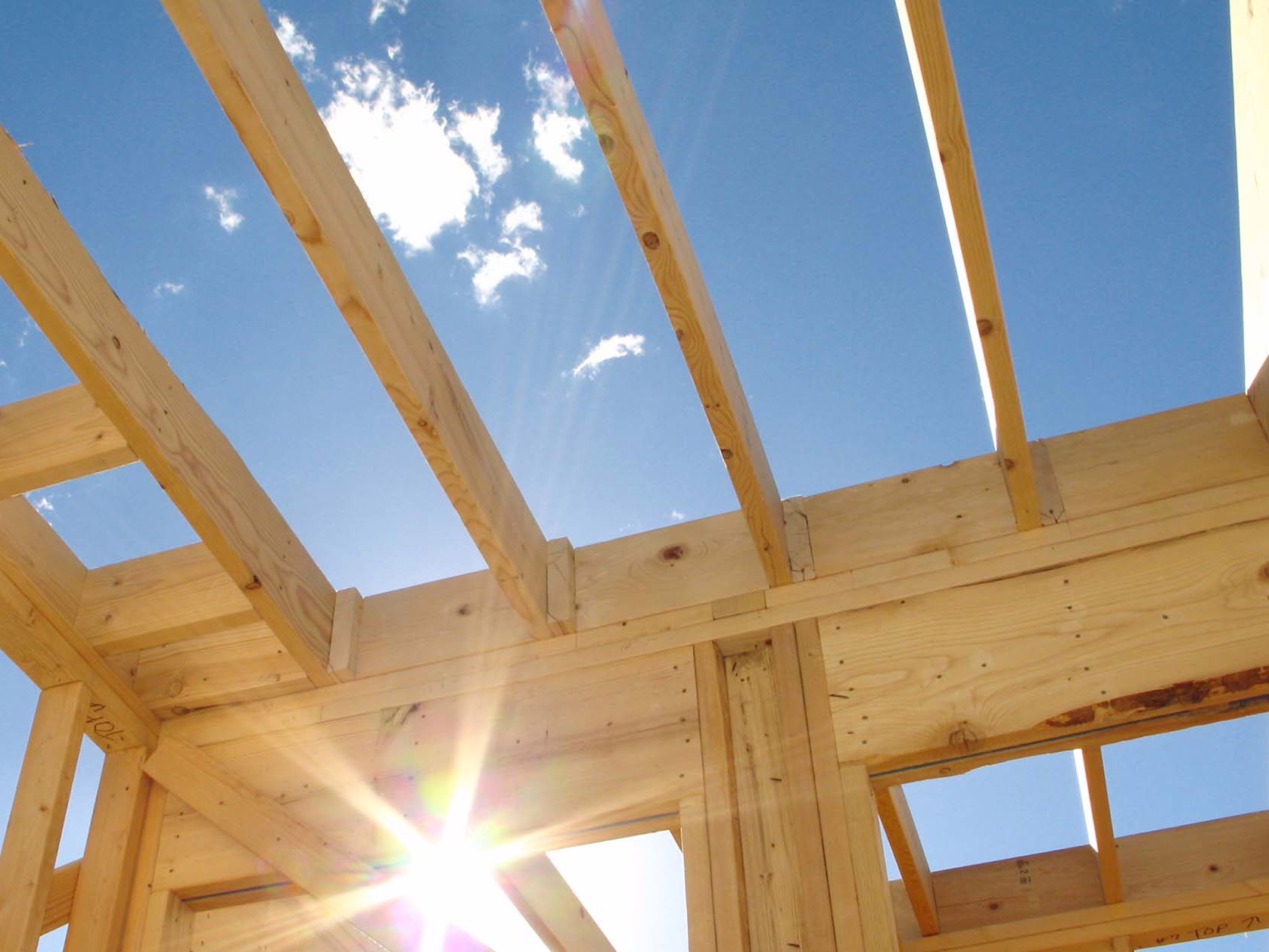Building and Construction Minister Chris Penk has announced that the Government would release a discussion document in the coming weeks about building inspections through phone apps becoming the “default approach” for building consent authorities, such as councils. The document will address various matters, including whether remote inspections are suitable for all phases of construction and the circumstances in which in-person inspections may be required.
The announcement follows National’s election commitment to streamline the building consent process by standardising the approach taken by councils. Minister Penk said “We’ve had pretty advanced discussions with quite a lot of people who are already using this methodology … so we’re not starting from a blank sheet; this is an idea that’s been around for a while”. This approach is in line with the previous announcements by the Government to increase productivity in New Zealand’s construction sector, including by making it easier to amend building consents and increasing competition in the building materials market by enabling the use of products from trusted overseas jurisdictions.
We note that some councils — including Auckland Council and Mackenzie District Council — administer remote inspections for certain buildings. These are undertaken using the Artisan (developed by BRANZ in partnership with Auckland Council), CONQA and ZYTE apps. During the COVID-19 Alert Level 4 lockdowns in 2020, Auckland Council completed 400 remote inspections — and currently completes around 400 remote inspections each month.
Our view
Making remote building inspections the default approach has both benefits and drawbacks. It will be important for the Government to strike the appropriate balance between increased efficiency and maintaining the rigour of the inspection process.
Benefits
While remote inspections are available at some councils, their approaches are inconsistent. This can be frustrating for contractors, particularly those operating across different regions. Introducing a nationally consistent approach for remote inspections would therefore be desirable for both councils and contractors.
The travel time savings will also hopefully enable council inspectors to increase the rate of inspections performed and process consent applications faster. This is particularly so for large cities, where there is greater congestion, and rural areas, where there may be large distances between construction sites and fewer inspectors. The reduced need for inspectors to travel will also result in costs savings and emissions reductions for councils, contributing to sustainability goals. Minister Penk said “It’s becoming increasingly clear that business as usual isn’t cutting it from a productivity perspective, and with the dire straits that some of the sector is in right now, we need to make it easier for them to operate.”
Remote inspections could also facilitate better record keeping and documentation, increasing quality assurance for homeowners. Having a comprehensive digital record will also likely be more useful for councils than a hard copy file that may be incomplete, especially when called on (as is the case when defending claims) to show that a robust inspection process was followed and justify decisions to issue code compliance certificates.
Drawbacks
However, we anticipate there will be concern among industry participants regarding the efficacy of remote inspections on a large scale. Serious consideration will need to be given to how the framework will apply to buildings of varying complexity, such as inspections of discrete building elements in residential houses compared with large-scale commercial projects, such as tower blocks. We would expect that any framework will need to address this issue carefully. There are also practical considerations. Rural regions may not have cellular network coverage, making remote inspections impossible. Other areas may not have sufficiently strong coverage to support high-fidelity video transmission to the standard required to meaningfully perform inspections. Even in 4G and 5G covered areas, inspectors may not be able to apply the same degree of scrutiny as would be possible with an in-person inspection.
Further, while the use of technology can provide greater efficiency and benefits, this must be considered against the backdrop of New Zealand’s historic issues with defective buildings. Under section 94 of the Building Act 2004, councils must be satisfied on reasonable grounds that building work complies with a building consent before issuing a code compliance certificate. Councils have a related duty to exercise reasonable care when carrying out the relevant regulatory functions, including when inspecting building work to ensure compliance with a building consent and certifying compliance with the code. Any regulatory changes that could make it more difficult to identify defects through inspection should be carefully considered (especially in a context where another of the priorities within the Building and Construction portfolio is to “investigate options to reduce potential council liability for building performance”).
Overall, the announcement has generated significant discussion and debate. It will be of interest to councils, construction industry participants, and their advisors to see the details in the Government’s discussion paper and how things progress from here.
This article was co-authored by William Turner, a Solicitor in our Construction and Infrastructure team.




